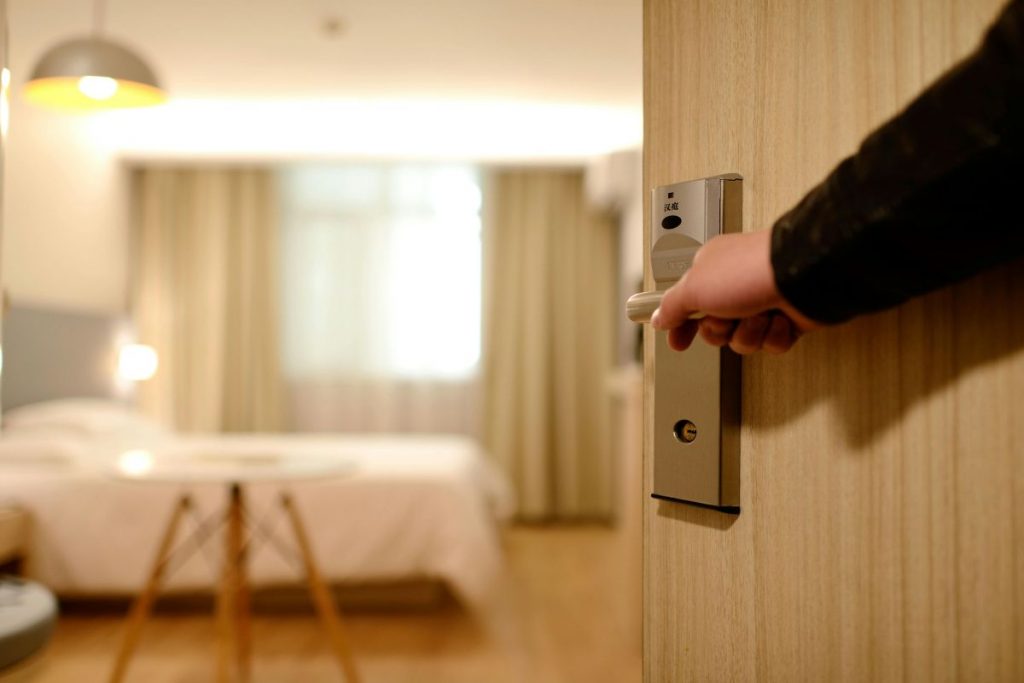In July 2023, as per a report by INSETE, the count of beds in short-term rental accommodations surpassed those in hotels by nearly 60,000, compared to the available beds in hotels across Greece.
In 2023, there’s a steady rise in accommodation supply, showcasing the dynamic expansion of the short-term rental industry (Airbnb). Approximately 20,000 more accommodations were added on average compared to 2022. For example, in January, there were 171,949 accommodations compared to 150,905 in January 2022; in July, there were 212,199 accommodations compared to 195,231 in July the previous year; and in December, there were 184,863 accommodations compared to 165,965 in December 2022.
It is evident that Airbnb accommodations dominate in bed offerings almost throughout the year. This is because many hotels, such as seasonal ones, are closed for a significant period of the year. Therefore, the bed supply from Airbnb accommodations exerts pressure on hotels throughout the year.
Furthermore, the analysis of the booking window (the interval between the booking date and the arrival date) for short-term rentals reflects a trend towards more timely planning in 2023 compared to 2022. For instance, in January, the booking window increased to 26 days from 13 days in January 2022, marking an increase of +95.0%.
The analysis of accommodation occupancy in 2023 shows stability compared to 2022, despite increased supply. This suggests rising demand alongside supply. Occupancy remained at 16% in January, matching the previous year, peaking at 66% in August, the highest for 2023.
As for the average length of stay in overnight stays for the year 2023, compared to the data from 2022, varies depending on the month, with most months showing a decrease.
Finally, the traveler composition in short-term rentals varies throughout the year, with international visitors dominating in summer and domestic travelers holding a significant share in winter.




